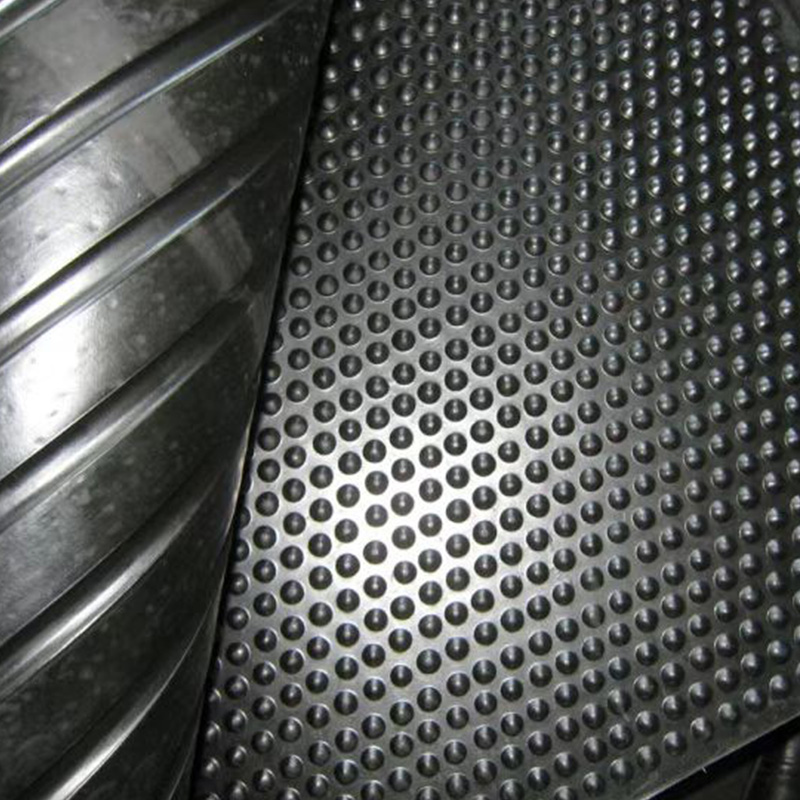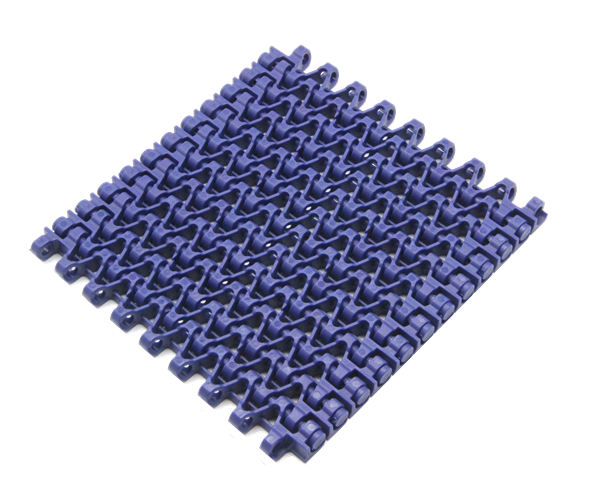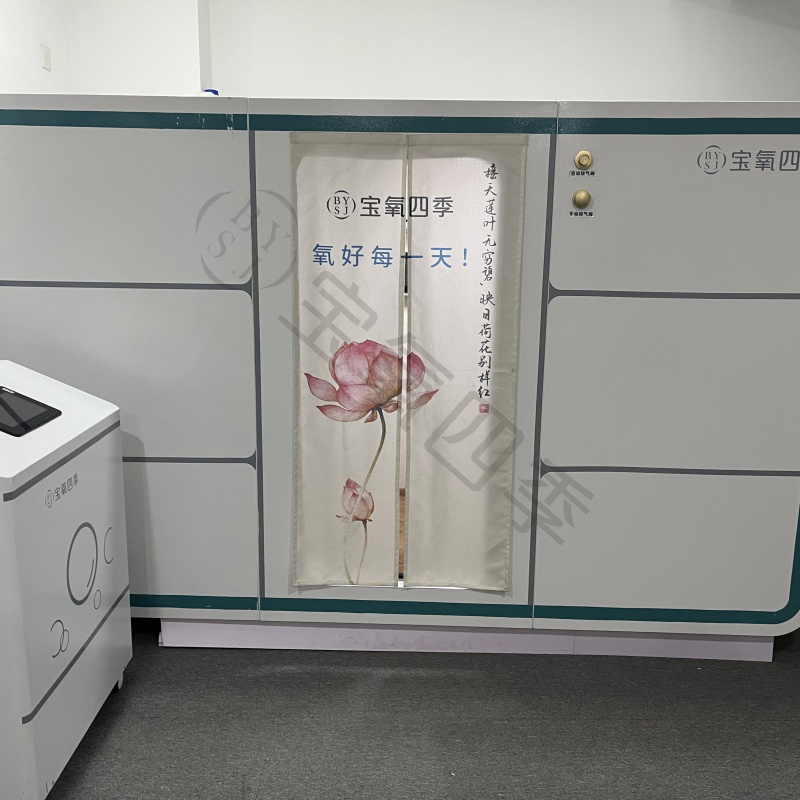FKM vs Nitrile: Which material is right for your applications?
FKM vs Nitrile: Which material is right for your applications?
Choosing the right material for your specific application is crucial for ensuring optimal performance, durability, and cost-effectiveness. When it comes to sealing solutions, two popular elastomers frequently considered are Fluoroelastomer (FKM) and Nitrile (NBR). Each material possesses unique characteristics that make it suitable for various applications. Understanding the differences between FKM and Nitrile is essential for making an informed decision that aligns with your requirements.
FKM: Superior Performance in Extreme Conditions
FKM, also known as Fluorocarbon rubber, exhibits exceptional resistance to a wide range of chemicals, fuels, oils, and high temperatures. This makes it an ideal choice for applications where exposure to harsh environments is anticipated. Additionally, FKM demonstrates excellent compression set resistance, meaning it maintains its shape and sealing properties over extended periods, even under high pressure. These qualities make FKM the material of choice for industries such as aerospace, automotive, and oil and gas, where reliability in extreme conditions is paramount.
Nitrile: Cost-Effective and Versatile
Further reading:Demystifying Rubber Grommets: Understanding Their Origins, Significance, and Impact
How To Pick The Right High-Pressure Hose For You
10 Questions You Should Know About Stormwater Steel Reinforced PE Pipe
Top Benefits of Stormwater Steel Reinforced PE Pipe
Polyethylene vs. PVC: Which is Better for Your Project?
Key Questions to Ask When Choosing Polyethylene vs Polyvinyl Chloride
How to Choose the Right LPG Tube Safely?
On the other hand, Nitrile rubber, or NBR, offers a more cost-effective solution without compromising on performance in moderate operating conditions. Nitrile exhibits good resistance to oil, fuel, and other hydrocarbons, making it suitable for a wide range of sealing applications in industries such as automotive, machinery, and general engineering. Moreover, Nitrile is known for its flexibility and ease of manufacturing, contributing to its widespread use across various industries.
Considerations for Selection
When deciding between FKM and Nitrile for your applications, several factors should be taken into account. Firstly, assess the operating environment including temperature, chemical exposure, and pressure requirements. If your application involves high temperatures or exposure to aggressive chemicals, FKM would be the preferred choice due to its superior resistance properties. Conversely, for applications with moderate operating conditions and budget constraints, Nitrile may offer a more cost-effective solution without compromising on performance.
Furthermore, consider the specific sealing requirements such as compression set resistance, flexibility, and longevity. While FKM excels in extreme conditions and offers long-term reliability, Nitrile provides versatility and cost-effectiveness for applications with less demanding operational parameters.
Conclusion
In conclusion, the choice between FKM and Nitrile depends on the specific needs of your application. FKM offers superior performance in extreme conditions, making it suitable for industries where reliability and durability are paramount. On the other hand, Nitrile provides a cost-effective solution for applications with moderate operating conditions without compromising on performance. By carefully evaluating your requirements and considering the unique properties of each material, you can make an informed decision that ensures optimal performance and longevity for your sealing applications.
Further reading:10 Questions You Should Know About Solar Energy Solutions
10 Facts You Should Know about 100r3 Hose
How Will En 857 1SC Shape Future Standards?
How to choose between polyethylene and PVC?
Understanding What UPVC Pipe Stands For: A Complete Guide
Are You Struggling with Hydraulic Hose Durability Issues?
Why choose Upvc Casing Pipes over alternatives?
- Previous: Demystifying Rubber Grommets: Understanding Their Origins, Significance, and Impact
- Next: None








